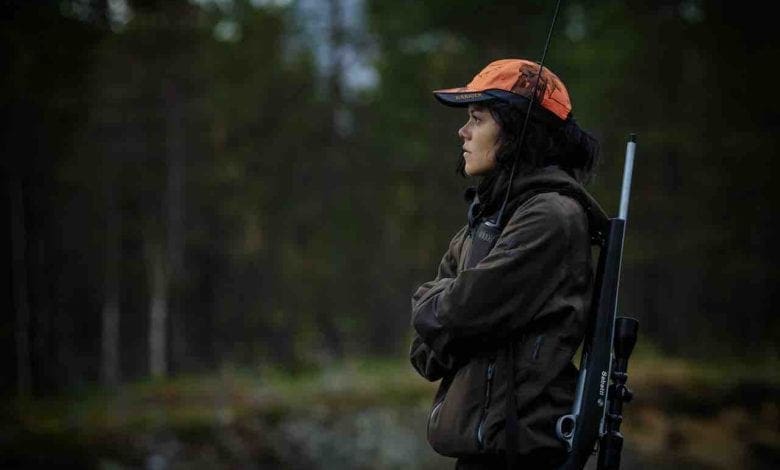A Case For Long Range Hunting, The Most Skilled Form Of The Hunt

A Case For Long Range, The Most Skilled Form Of The Hunt
Long range hunting has been a factor in the American outdoors scene for as long as it has existed, yet it hasn’t existed without controversy. The issue reached national attention in the Wall Street Journal as recently as 2016, and an editorial in the Great Falls Tribune highlighted ethics over the practice. Most critiques focus on one potential problem with long range hunting: missing or scuffing shots, and in the process causing undue harm to an animal. This critique ignores the skill of a hunter and the equipment available to help them succeed in a hunt; arguably, long range hunting has a case as one of the pinnacles of hunting skill. Bringing together skill, safety and arguably improved conditions for the environment, long-range shooting really does have a place in the modern hunting conversation.
Challenging equipment
Just because a hunter has range on his target, it does not make it easy. The one advantage that long-range hunters have is the reduced likelihood that they will be spotted – though the glare from a scope can startle animals. Hunters looking to purchase a long range scope will often look for anti-glare for this reason, as well as the normal range of optical adjustments and range-finding reticle quality. In fact, long range hunting is technically more difficult than simple close-range shots. One Business Insider article concerning a Marine Corps sniper noted that long range rifle work is perhaps one of the most technically challenging tasks for any rifle trained person, seasoned or not. Consequently, long range shooting of live animals should be restricted to experienced shooters.
Improved safety
Hunting brings with it an inherent risk of injury. Statistics reported by ThoughtCo note around 123,000 firearms incidents every year involving hunters, mostly from small arms fire or being unable to see what’s behind the target – a primary concern for any hunter, and one overlooked at their peril. Long range hunting helps to eliminate risk – the amount of time and thought poured into every shot makes it less and less likely that a human target will be hit, and the presumed lack of small arms fire and round movement also reduces risk in the field.
There’s also the matter of incidents involving animals. This is actually a fairly common occurrence, and can happen in very challenging situations. In October 2019, the Washington Post reported on one Arkansas hunter who was fatally gored by a deer he thought he had killed at close range. Having distance between you and your prey not only enables you to score a clean shot, clear of adrenaline, but it also puts distance between you and injury. This is true whether dealing with an animal you had presumed killed, or more dangerous types of prey – such as the rising popularity of the coyote and feral hog game.
A wider skill set
The optics and settings needed to create a long-range weapon are complicated enough in the hands of enthusiasts. Then you have wind speed, elevation, tilt, wind speed at target, basing, and your own adrenaline to contend with. Put simply, it is not simple to ‘snipe’ targets. Becoming a long range hunter builds a wide range of skills that arguably will elevate your skills above that of a regular enthusiast. Instead of being the stereotype of a careless fire-and-forget hunter, you will instead have a greater knowledge of ethics for the animals you hunt, the ins and outs of how to hunt and how to be a good marksman, and an all-round greater skill set. Long range hunting can elevate your game to new levels.
The ecological argument
There are holistic benefits to long-range hunting. In a review of the environmental impacts of hunting, Scientific American noted the impact on green spaces from too much footfall. This is in addition to the impact on the diversity of an area’s ecology when conditions are focused too specifically to the benefit of a game stock which suits traditional, short-range forms of hunting. Long-range hunting, where you identify a shooting area and then setup to work exclusively on that spot, helps to reduce much of the on-the-day impact that hunting can have when careless hunters are involved.
Long range hunting is stigmatized as unethical because of the actions of a rare amateur. A seasoned hunter with the time and commitment to make long range hunting feasible will be richly rewarded. Potentially the pinnacle of the hunting game, being able to shoot properly from range is an art form.
